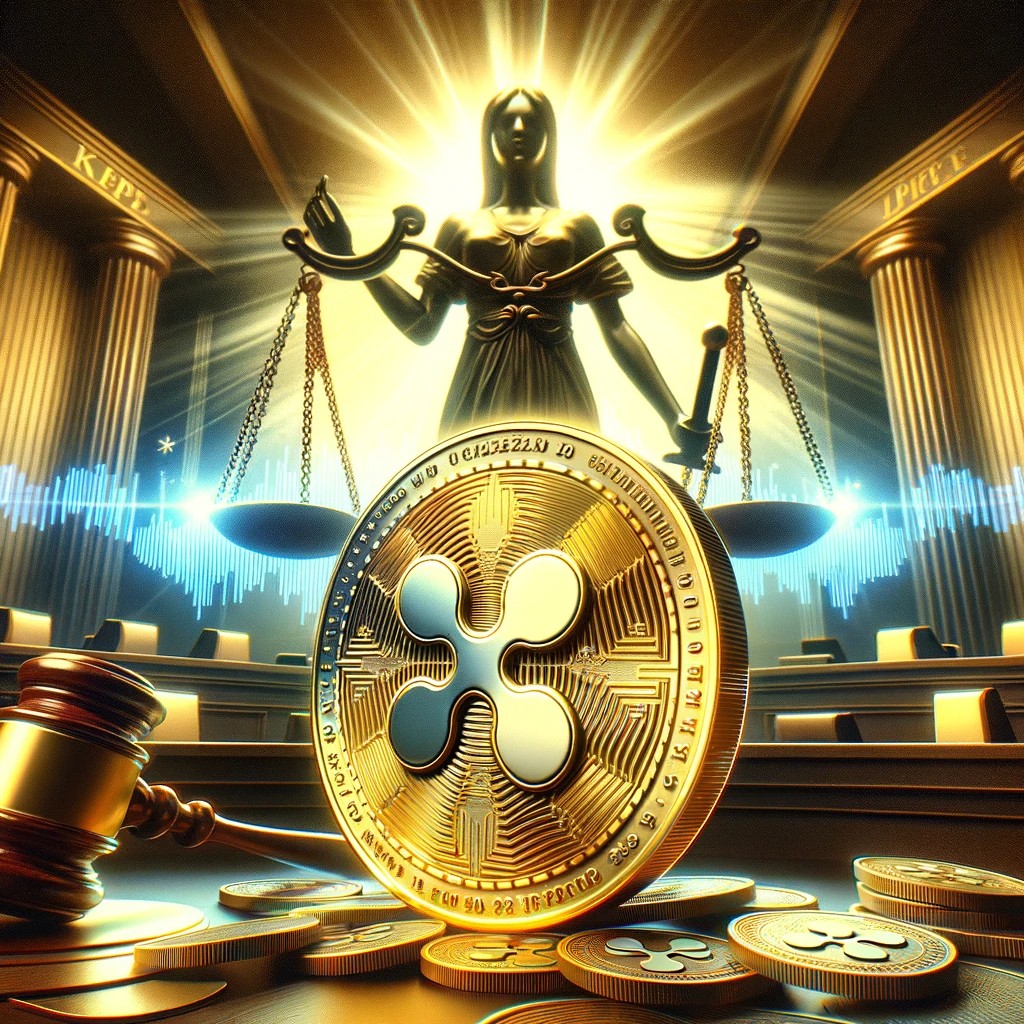In the ongoing legal tussle between the Securities and Exchange Commission (SEC) and prominent cryptocurrency entities like Ripple Labs and Coinbase, recent developments have shed light on significant legal interpretations that could influence the outcome of these cases. A key aspect of this legal dialogue is the relevance of a historical case, Revak v. SEC Realty, in the current cryptocurrency legal landscape.
The Revak case and its implications for cryptocurrency
The 1994 Second Circuit case, Revak v. SEC Realty, has emerged as a focal point in the discussions about Ripple and Coinbase’s legal challenges. Paul Grewal, the Chief Legal Officer at Coinbase, and John Deaton, a pro-crypto lawyer representing XRP holders, recently discussed the case’s significance. The Revak case is noteworthy for its interpretation of the Howey test, particularly in determining what constitutes an investment contract.
When people brought up the district court ruling in @LBRYcom, my response, every time, was: read the 2nd Circuit Revak case. LBRY was a case governed by the 1st Circuit & the SG case. The @Ripple & @coinbase cases are governed by the 2nd Circuit & Revak. 👇 https://t.co/tuUvX6iDME
— John E Deaton (@JohnEDeaton1) January 28, 2024
The court in Revak v. SEC Realty underscored that the mere connection between investor fortunes and the efforts of a promoter does not automatically fulfill the criteria of an investment contract. It emphasized that a common enterprise must fundamentally depend on the promoter’s expertise, which Grewal highlighted as crucial. This interpretation challenges the approach of defining an investment contract through the lens of “ecosystem” access, a perspective that the SEC has often adopted.
Ripple’s ongoing legal struggle with the SEC
Ripple Labs, the company behind the XRP cryptocurrency, has been embroiled in a legal battle with the SEC. The commission alleges that Ripple and its executives engaged in the unregistered sale of securities through XRP tokens. On the other hand, Ripple argues that XRP is a currency and not a security, and, thus, should not be subject to the same regulations.
Recently, the SEC filed a motion to compel Ripple to produce additional internal documents related to XRP’s sales. This move indicates the SEC’s continued aggressive stance in this case. However, the relevance of the Revak case, as pointed out by Grewal and Deaton, could offer a pivotal legal argument for Ripple. The company could argue that the relationship between XRP holders and Ripple does not meet the strict criteria of an investment contract as defined by the Howey test and interpreted in Revak.
Ripple and Coinbase cases: A broader impact on the crypto industry
The legal challenges Ripple and Coinbase face are not just individual battles; they have broader implications for the cryptocurrency industry as a whole. These cases are being closely watched, as they could set important precedents regarding how cryptocurrencies are regulated in the United States.
Coinbase recently experienced a mixed outcome in its legal confrontation with the SEC. A federal judge allowed the lawsuit to proceed but narrowed its scope, excluding several of the SEC’s claims. This was considered a partial victory for Coinbase, potentially limiting its legal liabilities.
The outcome of Ripple’s case, particularly in light of the discussions about the Revak case, could provide crucial legal clarity for the cryptocurrency industry. It might define the regulatory boundaries and responsibilities of crypto companies and influence how cryptocurrencies are classified and regulated in the future.
The ongoing legal disputes involving Ripple and Coinbase and the reference to historical cases like Revak v. SEC Realty highlight the evolving nature of legal interpretations in the burgeoning cryptocurrency industry. The final decisions in these cases will likely have far-reaching consequences for Ripple and Coinbase and the entire digital asset sector.





